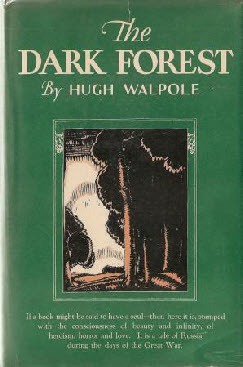First published in 2002, From A Buick 8, is midrange Stephen King, which means his irresistible voice and mastery of style are there, drawing the reader and moving the story along. But it also means that, like other King midrange novels, think Firestarter, The Dark Half, and Gerald’s Game, the plot is thin, the characters not very memorable, and the ending problematic.
The story. members of Troop Dee, a Pennsylvania State Police barracks in Western Pennsylvania, come across an abandoned Buick that resembles a vintage blue 1953 Buick Roadmaster. Slowly, they start to realise that it isn’t a car at all, but something other.
The story is told as a series of recollections by different troopers, and their experiences range from the nerve-wracking to the horrific. The book is at its best during these episodes, which are like tightly-written vignettes of imaginative weird fiction. But when King focuses on the characters and their inner thoughts, the book stumbles, as none of the characters are very interesting, and the plot is nothing less than a concept stretched to its breaking point. This is most apparent during the book’s climax, an unimaginative and predictable sequence that is short on thrills and catharsis.
Light on plot but highly readable, From A Buick 8 is King-lite, and one of the first books where King started to show signs of leaning too heavily on sentimentality instead of on structure and genuine emotions. But King is King, and one usually knows what they are getting when they pick up one of his books, an entertaining page-turner, which From A Buick 8 surely is.
Text © Ahmed Khalifa. 2022.





